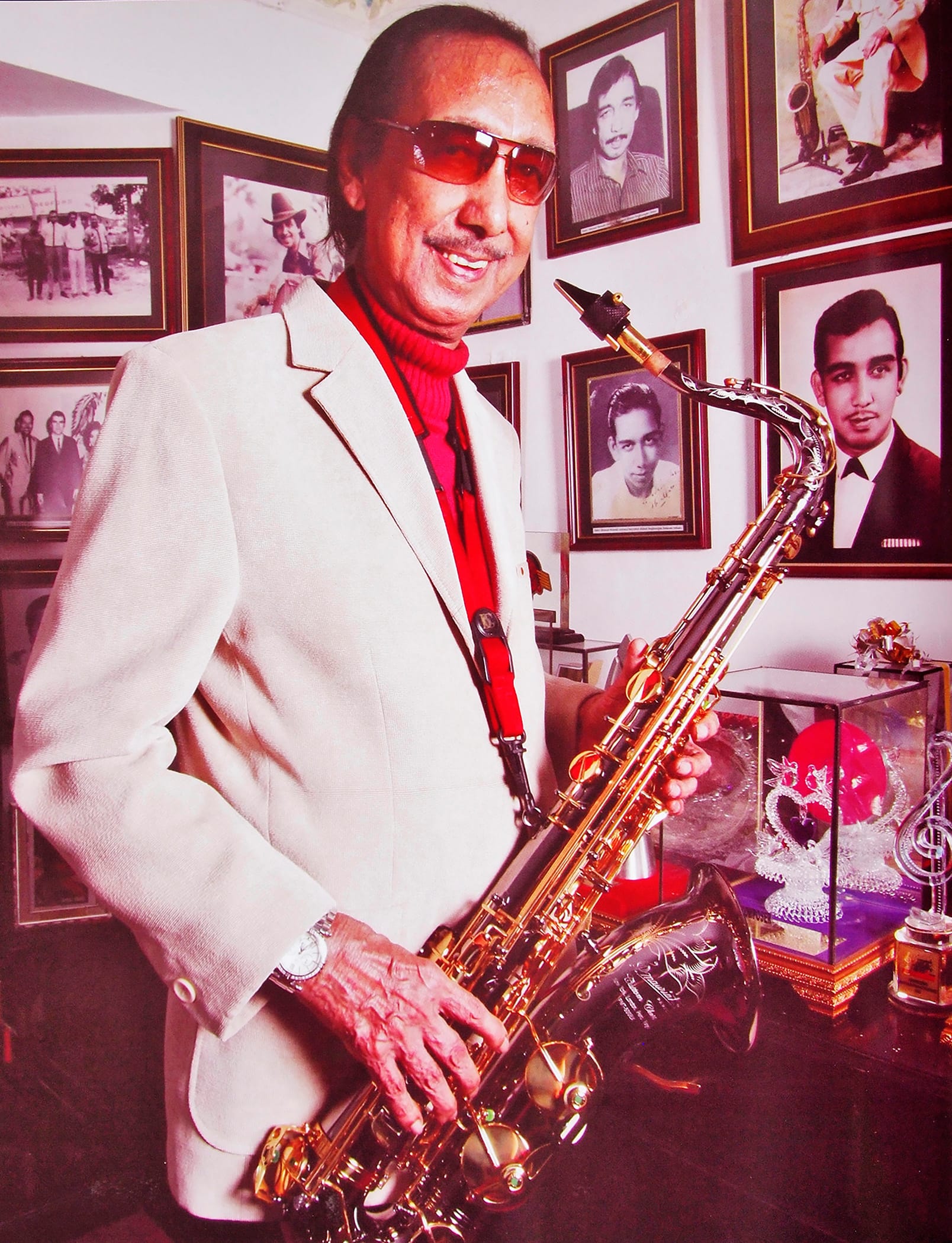Ahmad Nawab: A Dominant Force in Malaysia's World of Music
By Shazlin Hamzah, Paul Augustin
February 2025 FEATURE
Shazlin Hamzah

is a research fellow with the Institute of Ethnic Studies (KITA). She just wrote a book with the title Wajah Malaysia Dalam Gurindam Lagu-lagu that explores the notion of nation branding vis-à-vis the role of patriotic songs from the 1950s-60s.
Paul Augustin

is the director of Penang House of Music, and founder and festival director of the Penang Island Jazz Festival.




